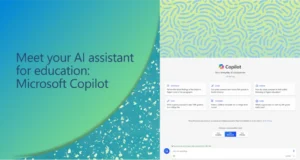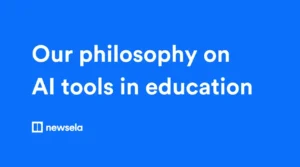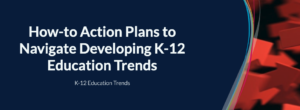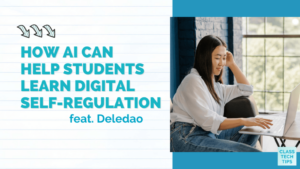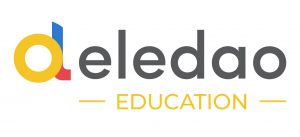At Newsela, they believe the best education solutions power great teaching, they don’t replace it. Regarding AI tools for education, there are opportunities for positive classroom impact, potential areas of caution, and steep new learning curves. No matter how clever or powerful these new solutions are, there will always be a need for the uniquely human ability of teachers to empathize, connect, inspire, and smile with students.
What is Newsela’s philosophy on AI in education?
As you navigate this new frontier, they want to be transparent about our position on artificial intelligence in education and how Newsela uses it in our products:
- They strongly believe that teachers know what’s best for their students and should always continue to be the architects, planners, and decision-makers in the classroom.
- The teacher-student interaction is where learning is at its best. AI should be used to save teachers’ time and make certain tasks easier, creating space and time for teachers to have more powerful one-on-one moments in the classroom.
- Privacy is always a priority. They ensure that all user data—whether from students, teachers, or other stakeholders—is meticulously blinded. This means that the teams and AI systems involved in leveraging the data won’t be able to associate it with an individual.
- Their models thrive on aggregated data during the rigorous training process, and each iteration is quality-checked by our team before release. This dual-layered approach ensures the highest standards in the development of our AI systems and never loses the human element of what teaching and learning are all about.
- They also know that education products must be built with teacher input. We leverage robust research, teacher feedback, and in-classroom experiences to drive the most valuable solutions at every step in the development process.
- They believe the more specific the application of AI, the better. They always apply it to solve for a clear classroom use case. They focus on ensuring that our machine learning models have the right context and behaviors to deliver valuable outputs, specifically in a classroom setting.
How does Newsela use AI in its products?
For Newsela ELA, Newsela Social Studies, and Newsela Science, we leverage AI in:
- Article planning supports—including main idea, key terms, discussion questions, and before-reading activity ideas for each text
- Article topic tags
- Generating Tier 3 vocabulary definitions
- Generating writing prompts
For Formative, AI supports:
- Generating questions, answer hints, and writing prompts
- Flashcard and practice set generation
For EverWrite (beta), we use AI to power:
- Real-time student writing feedback delivery, aligned to a chosen rubric
- Assignment writing prompt generation
At Newsela, their goal is to open up teachers’ abilities to do what they do best: bring learning to life for their students in a deeply personal, human way.
Contact your dedicated Account Manager:
General inquiries: iltpp@newsela.com
Districts with 3000+ students
Patrick Gaffney
Illinois Partnerships
312-626-5370
patrick.gaffney@newsela.com
Districts with less than 3000 students
Claire Vock
Illinois Partnerships
630-965-0109
claire.vock@newsela.com
Learn More About Newsela


